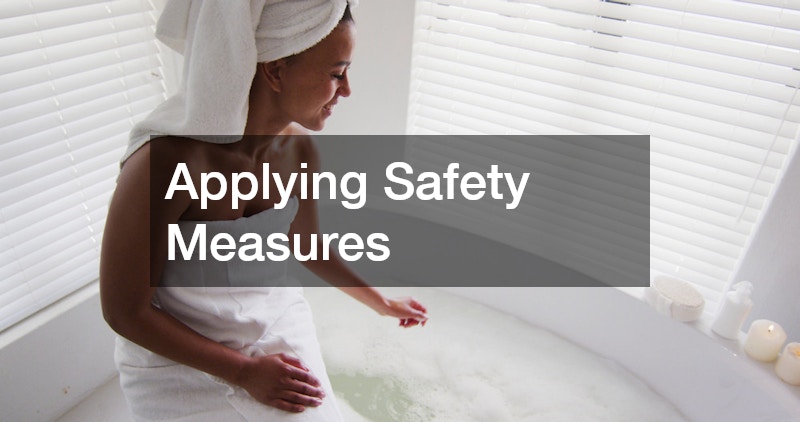When it comes to ensuring that your home runs smoothly and efficiently, few installations are as crucial as that of a water heater. Whether you’re dealing with the chill of winter or just need a warm shower after a long day, a properly installed water heater is key to convenience and comfort. However, the process of installing a water heater can be complex, and there are several important factors homeowners should consider. From selecting the right model to understanding the installation techniques and safety measures, every step requires attention to detail. In this article, an expert shares insights into the intricate process of water heater installations.
Choosing the Right Water Heater
The first step in water heater installation is selecting the appropriate model for your home. There are several types of water heaters available, including tankless, tank-style, heat pump, and solar water heaters, each with its unique set of pros and cons.
An expert will often recommend considering the household size and energy efficiency needs. For instance, tankless water heaters are popular for their ability to provide endless hot water and energy savings. However, they may not be ideal for larger families due to their limited immediate hot water output. A well-informed choice will ensure long-term satisfaction with your water heater installation.
Understanding the Installation Process
Once you’ve selected the right water heater, understanding the installation process is crucial. Installation involves several technical tasks, including plumbing and electrical work, and it is often best handled by a professional. The first step usually involves removing the old unit, which can be challenging, especially if it’s large or located in a tight space. Then, the new water heater must be expertly connected to the water supply, power source, and in some cases, venting systems. This phase of the installation process requires precision and care to prevent leaks and ensure efficient operation. The placement of the water heater, as well as the materials used in connections, are integral to the overall success of the project.
Applying Safety Measures

Safety is a paramount concern when installing a water heater, as incorrect installation can lead to hazards such as gas leaks or scalding water temperatures. An expert installer will make sure that all connections are secure and that the pressure relief valve functions correctly. They will also check for proper ventilation to avoid the build-up of harmful gases like carbon monoxide. The regulatory code may vary by location, but it’s vital to adhere to them to ensure safety and compliance. Proper safety inspections and pressure testing are essential components of water heater installation. Homeowners should never attempt DIY installations without understanding these critical safety elements.
Maintenance Tips for Longevity
After installation, regular maintenance can prolong the lifespan of your water heater significantly. Experts advise flushing the tank every six months to remove sediment build-up, which can affect efficiency and lead to corrosion. Keeping an eye on the anode rod, which prevents the tank from rusting, is another recommended maintenance task. Some models may boast advanced features like self-cleaning, but periodic manual checks are still advised to ensure everything is in working order. Adhering to these maintenance tips can prevent costly repairs and premature replacement, saving homeowners money in the long run.
Considering Cost
Understanding the costs involved in water heater installation is crucial for budgeting. The overall expense includes the cost of the new heater, installation fees, and any necessary modifications to plumbing or electrical systems. The type of water heater chosen can also affect cost, with tankless models generally requiring a higher initial investment but offering significant savings on energy bills over time. It’s also important to consider the potential costs of neglecting professional installation. Mistakes can be not only dangerous but costly, necessitating expensive repairs down the line. Weighing these financial factors helps ensure a sound return on your investment.
Installing a water heater is a substantial undertaking that combines technical skill and knowledge of regulations. By choosing the right model, understanding the installation process, ensuring all safety measures are followed, conducting routine maintenance, and considering cost implications, homeowners can enjoy efficient and reliable hot water for years to come. Relying on expert guidance and professional installation ensures both safety and satisfaction. A well-installed and maintained water heater contributes to the overall functionality and comfort of the home, highlighting the importance of an informed approach to this essential household task.


